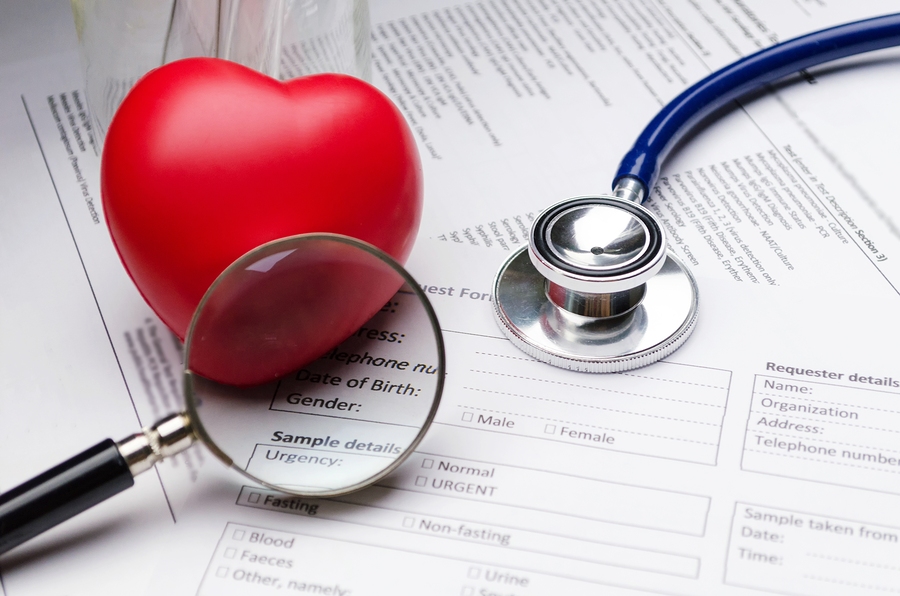Learning to Spot the Symptoms of Heart Disease
Category:

Heart disease is dangerous because many people suffer from it without knowing it until it’s too late. If your aging parent has a family history of heart disease or suffers from any conditions that can make heart disease more likely to occur, you may worry that his heart is already struggling to stay healthy and perform to its best ability.
Heart disease refers to conditions that involve narrow or blocked vessels leading to the heart, which can lead to a heart attack, chest pain or stroke. Other conditions such as those that affect the heart’s muscles and valves are also considered forms of heart disease. The good news is that many forms of heart disease can be treated or eliminated by healthy lifestyle changes such as eating well, getting exercise, and ceasing habits like smoking or drinking.
If you or your home care provider have noticed any of these symptoms in your aging parent or if your parent has complained about any of these issues, he might be suffering from heart disease.
Common Symptoms of Heart Disease
- Shortness of breath or difficulty breathing
- Chronic coughing and/or wheezing
- Fatigue
- Confusion or disorientation
- Light-headedness
- Swelling of the feet, ankles, and legs
- Nausea
- Loss of appetite
- Elevated heart rate
- Unexplained weight gain
If your parent is suffering from several of these conditions, make an appointment today and have either yourself or your home care provider drive your parent to the appointment. Your parent should not be driving while experiencing these symptoms.
Even if the symptoms seem mild, heart disease is very serious and can lead to several catastrophic health events such as:
Heart failure.
Heart failure occurs when the heart can’t pump enough blood to meet the body’s needs and is one of the most common consequences of heart disease.
Heart attack.
When a heart attack occurs, a blood clot blocks the blood flow through a blood vessel that feeds the heart and causes a heart attack, possibly damaging or destroying a part of the heart muscle.
Stroke.
A stroke happens when the arteries to the brain are narrowed or blocked so that not enough blood reaches the brain. This is called an ischemic stroke brought on by the risk factors of heart disease. Because brain tissue begins to die within just a few minutes of a stroke, it is a medical emergency that needs urgent attention.
Aneurysm.
An aneurysm is a bulge in the wall of your artery and can occur any place in the body from the legs to the brain. Your parent may face life-threatening internal bleeding if an aneurysm bursts. This event can provide warning signs of extreme specific pain to wherever the aneurysm is, so if your parent complains to you or his home care provider about a sudden painful headache or leg cramp, an immediate trip to the ER may be warranted.
Sudden cardiac arrest.
Sudden cardiac arrest is the sudden, unexpected loss of heart function, breathing and consciousness. Sudden cardiac arrest is a medical emergency. If not treated immediately, it is fatal, resulting in sudden cardiac death.
It’s never too early to have your parent’s heart health reviewed by his doctor to ensure he’s maintaining good heart health and receives any needed treatment.
Source: https://www.mayoclinic.org/diseases-conditions/heart-disease/symptoms-causes/syc-20353118
Subscribe
Date: January 8, 2021
Category: